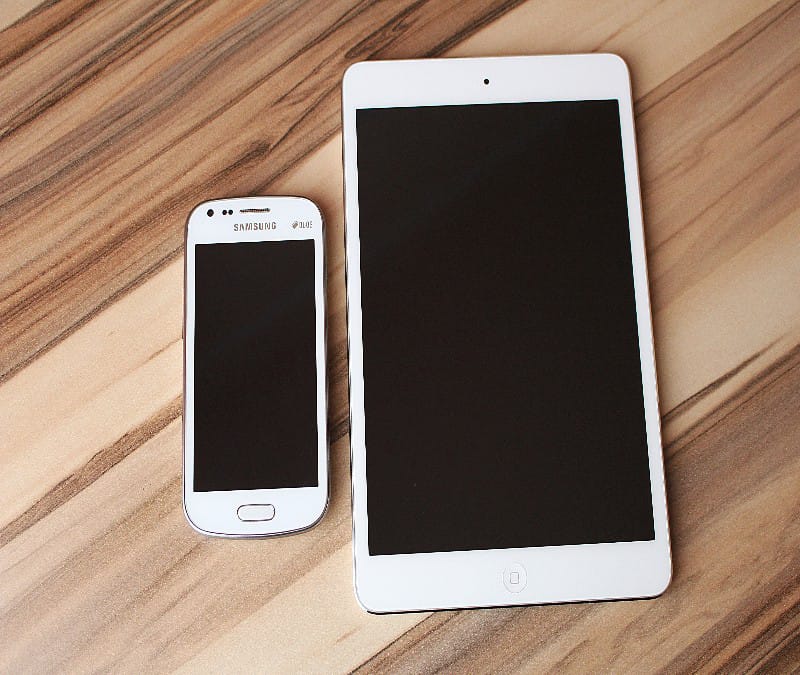If you’re looking to improve your business communications, it’s essential to understand the differences between VoIP and SIP Phones. Understanding these differences will help you choose the right solution for your needs. VoIP is a technology that lets you make calls over the internet instead of a traditional phone line. This technology relates to a group of protocol technologies that allow calls to be made through data networks.
Cost
The cost of using VOIP vs SIP phones will vary based on the features you choose and the number of extensions you need. These costs can also be affected by the hardware and infrastructure your organization has in place, so it is essential to make sure these factors are taken into account when you compare VoIP systems. The first major factor that drives up the cost of a new VoIP phone system is set up and installation costs. This includes the cost of buying and installing each phone extension plus a monthly fee for each extension. Another high cost is a one-time fee to port your existing phone numbers to the new VoIP provider. Depending on the service, this can range from nothing to $30 per number.
Flexibility
One of the most important benefits a business can get from VoIP is flexibility. This is especially helpful for employees who need to work remotely or use mobile devices. VoIP works with smartphones, tablets, computers, and other devices – all with an internet connection. This allows employees to be flexible with their work schedules and locations, which can help retain top talent. Another benefit of using VoIP is that it will enable you to keep your number, which can be helpful in situations where you change addresses. This is difficult with traditional telephone systems requiring a specific number and line. VoIP systems also offer a variety of other features, including visual voicemail and advanced call routing strategies. These features can boost productivity and make your work more efficient, and they may also help you avoid some of the costs associated with having a landline.
Security
As businesses increasingly rely on voice communications, the security of VoIP is an important consideration. The technology offers encryption, data protection, and other cybersecurity measures to protect sensitive calls. You must choose a provider with robust security protocols and take additional steps to secure your VoIP network. The Session Initiation Protocol (SIP) is essential in a VoIP call. SIP manages the initial contact between endpoints and determines if various devices are available for a call. SIP also carries and terminates the call when it’s finished. It’s an essential part of the process that should never be compromised. Another way to increase your VoIP system’s security is using network address translation (NAT). This feature translates your private IP address to an external one, making it harder for outsiders to hack into your system. In addition, educating your employees about security best practices is essential to maintaining the security of your business’s phone system. This includes requiring them to use the most updated operating systems, limiting access to company-issued devices, and spotting social engineering scams.
Interoperability
In communications and networking, a protocol is a set of rules that two machines use to exchange data. For example, a VoIP phone and a VoIP service provider must talk to each other using a specific protocol to ensure they can communicate. SIP, or Session Initiation Protocol, is an industry standard for initiating, maintaining, and terminating multimedia sessions within VoIP applications. These multimedia sessions can integrate voice, video, fax, and messaging into a call. SIP is a powerful tool for businesses looking to improve their unified communication capabilities. It’s also an excellent choice for organizations with legacy phones since it allows them to upgrade their voice capabilities and add more advanced features.
Read More
https://sbzbusiness.com/top-strategies-to-increase-dynamics-365-adoption/

